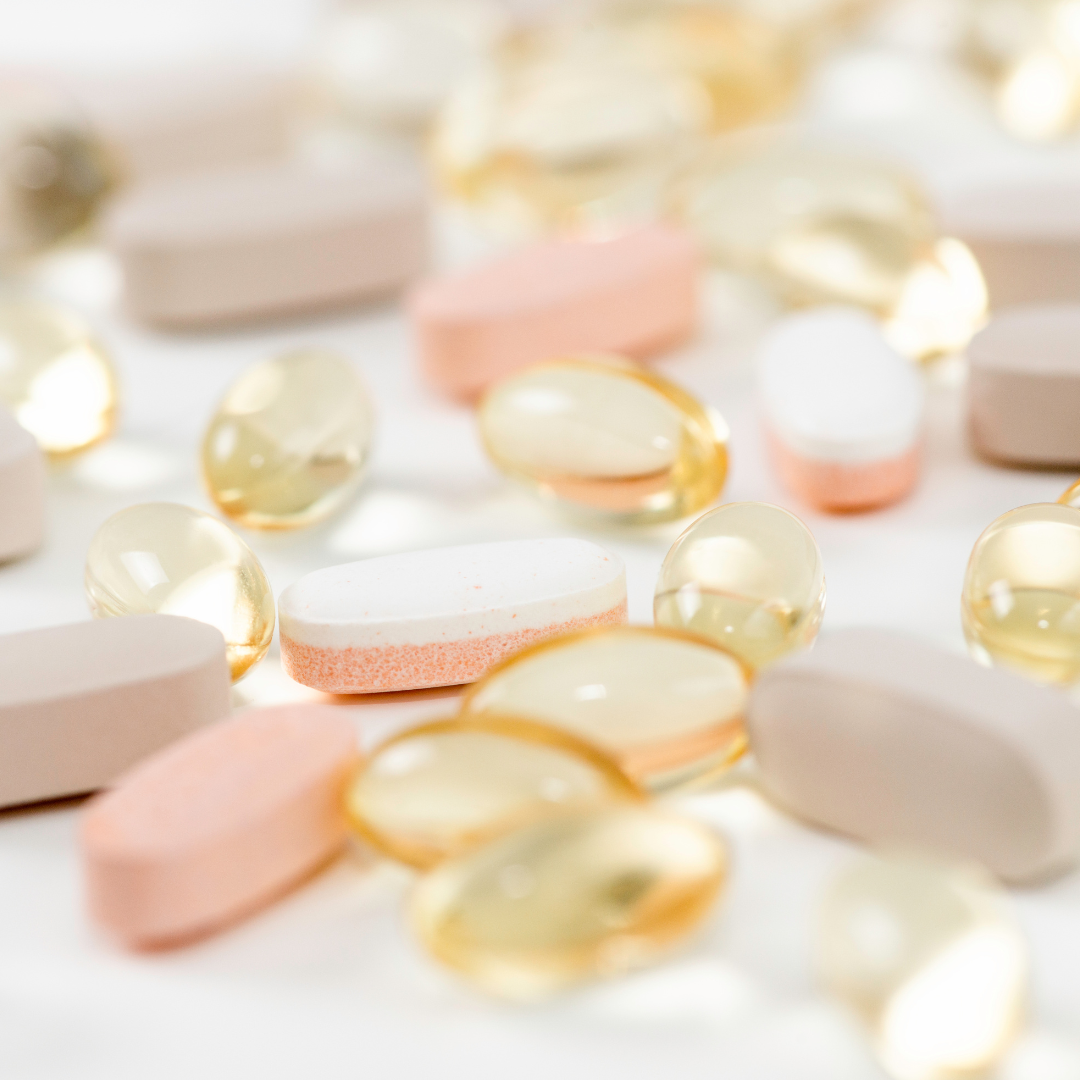
If you follow a vegan diet and you are worried that you do not get all the essential nutrients that you need to have a healthy body, then you may be able to find some of these vitamins and minerals in the form of dietary supplements.
There are many people, vegans, and non-vegans who will take a variety of supplements to support their lifestyle and reap the health benefits that they provide.
From taking a daily vitamin D supplement to vitamin B12 supplements, they have been known to provide bone health, heart health, healthy hair, and other benefits for many people of all ages.
Some of these supplements are made with gelatin and other non-vegan ingredients, so if you are a vegan, you will need to read the back of supplement bottles or ideally go for vegan vitamins that complement your vegan diet.
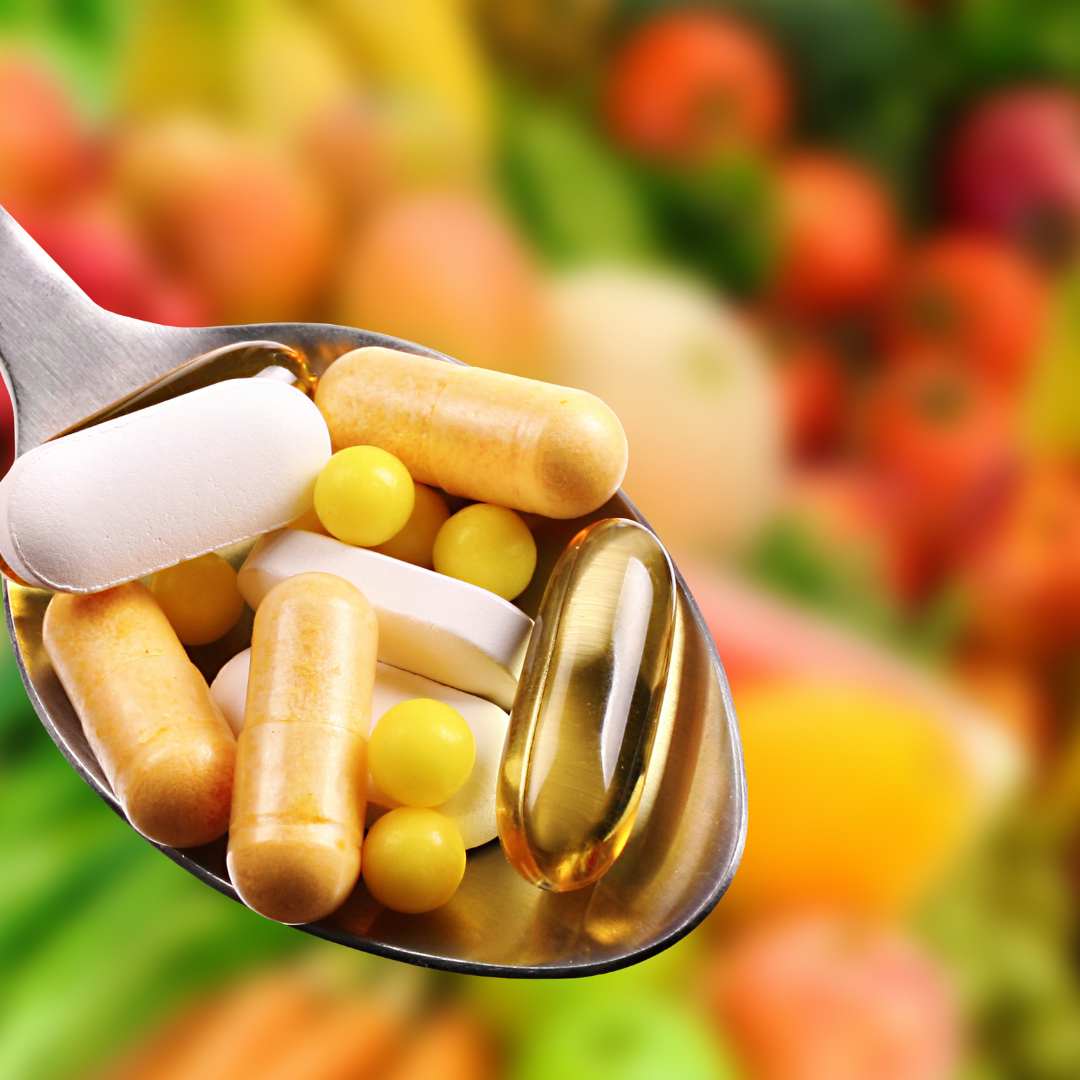
What Nutrients Are Important in Vegan Diets?
Before we delve into what supplements vegans should take, we need to look at the important nutrients that vegans need to create a well-rounded and fulfilling diet that will cover all the nutrients they need to be healthy.
Protein
A vegan diet does contain protein, and a lot of the protein comes from plant-based foods that are naturally rich in protein.
Protein is essential for muscle function and the growth of bones, it also helps with carrying oxygen around the body, which we don’t have to tell you is very important.
Vegan Foods High in Protein
Tofu, non-dairy products such as milk, cheese, and yogurt, lentils, tempeh, and miso (fermented foods), nut butters, beans, pulses, and vegetables are all naturally high in protein, so you do not have to eat animal products to get what you need from your food.
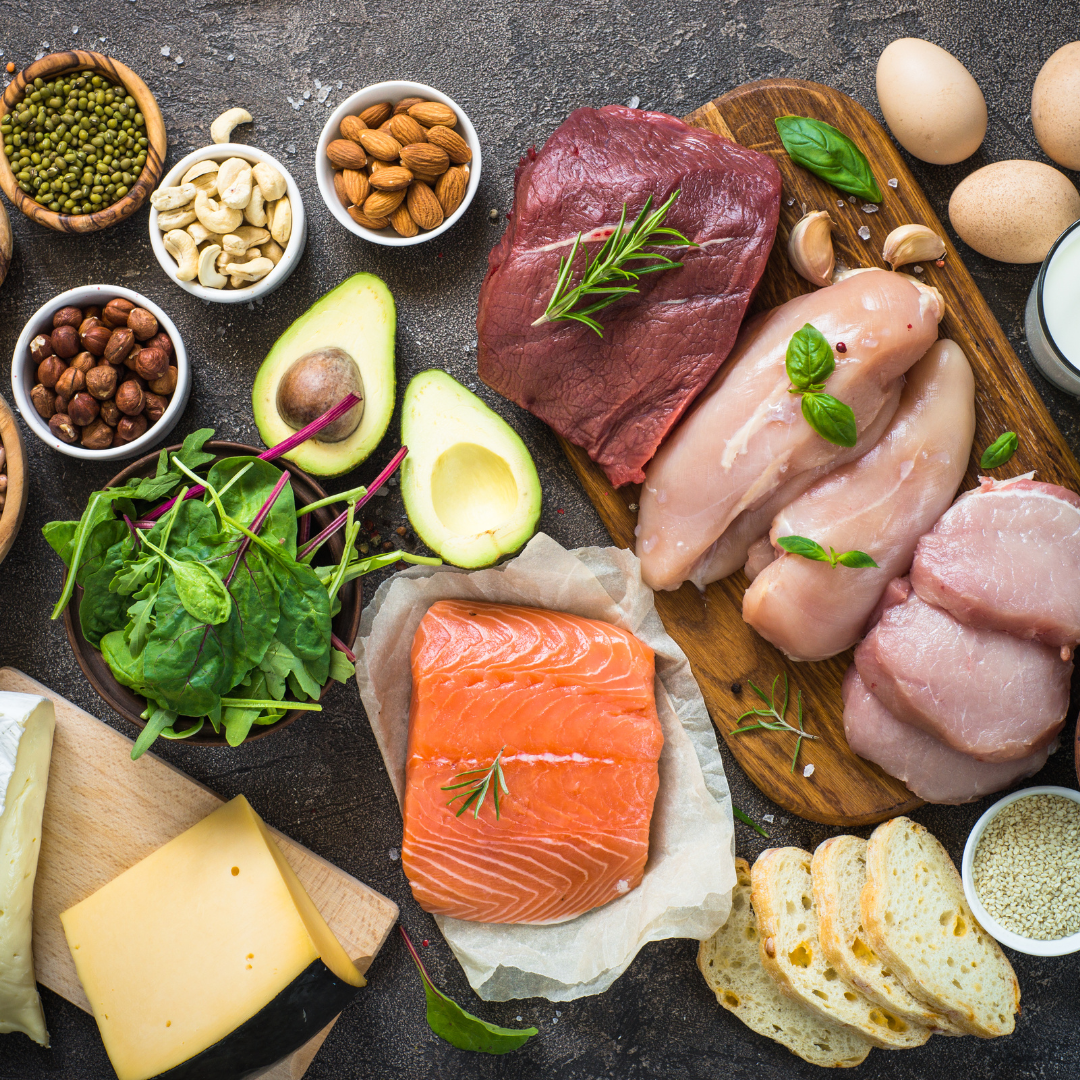
Zinc
Zinc helps the body’s immune system as well as cell division, and maintenance of normal vision.
Vegan Zinc Rich Foods
Whole grains, soya, pulses, beans, seeds, and nuts will all have zinc in them which will contribute to the functioning of your body.
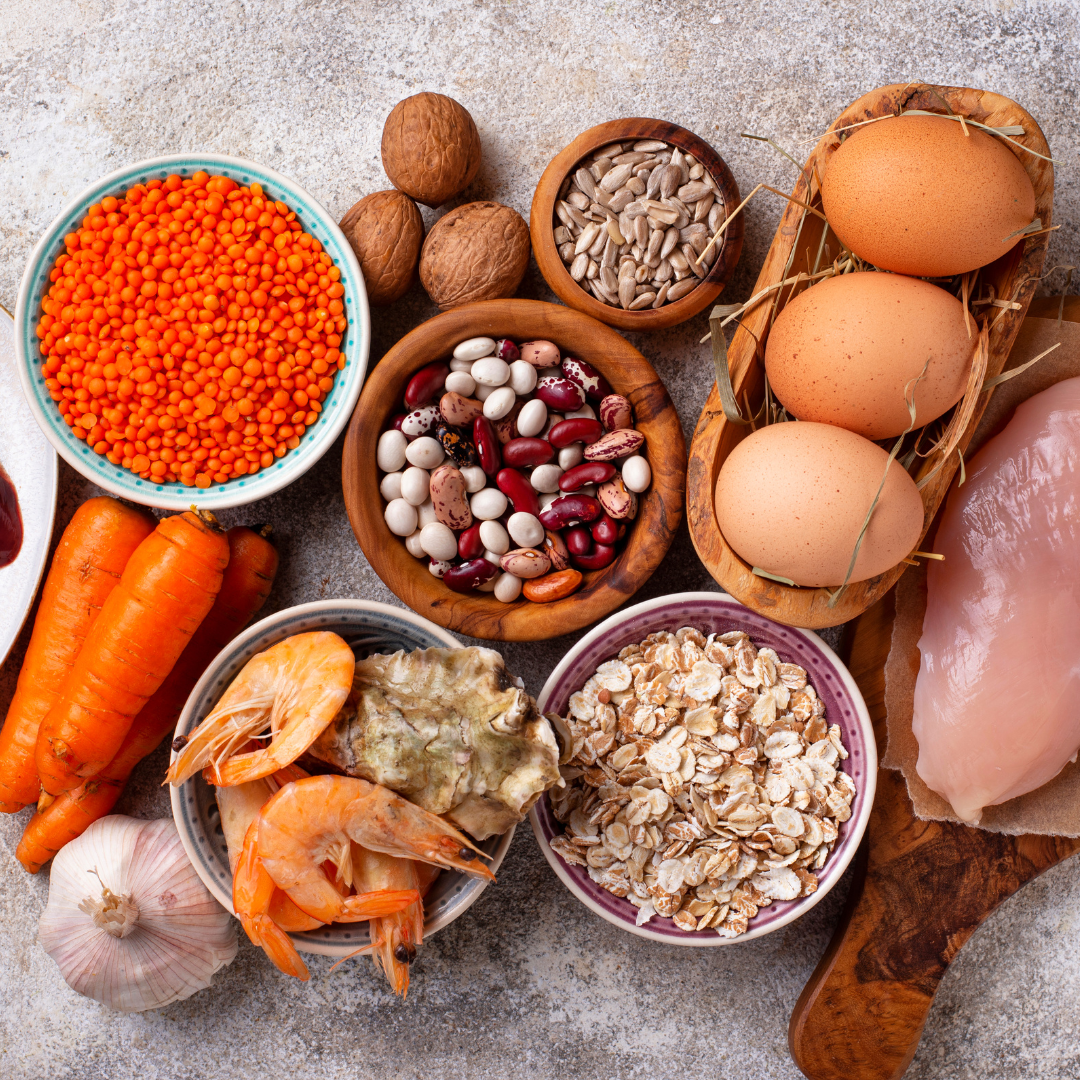
Iron
It helps with the normal formation of red blood cells and haemoglobin, with red blood cells transporting oxygen around the body.
If we do not have enough iron in our bodies then it can cause us to feel very sluggish and tired.
A lot of plant foods will contain iron, and combing it with vitamin C will help the body absorb iron.
Vegan Iron Rich Foods
Dark leafy vegetables, fortified foods such as fortified breakfast cereals, kale, lentils, chickpeas, pumpkin seeds, dried fruit like apricots and figs, and quinoa, have iron in them which will keep your mind and body awake. You can also add a Greens Supplement to your diet to supercharge the amount of iron you are consuming each day, which can be useful if you otherwise struggle to consume a daily adequate amount.
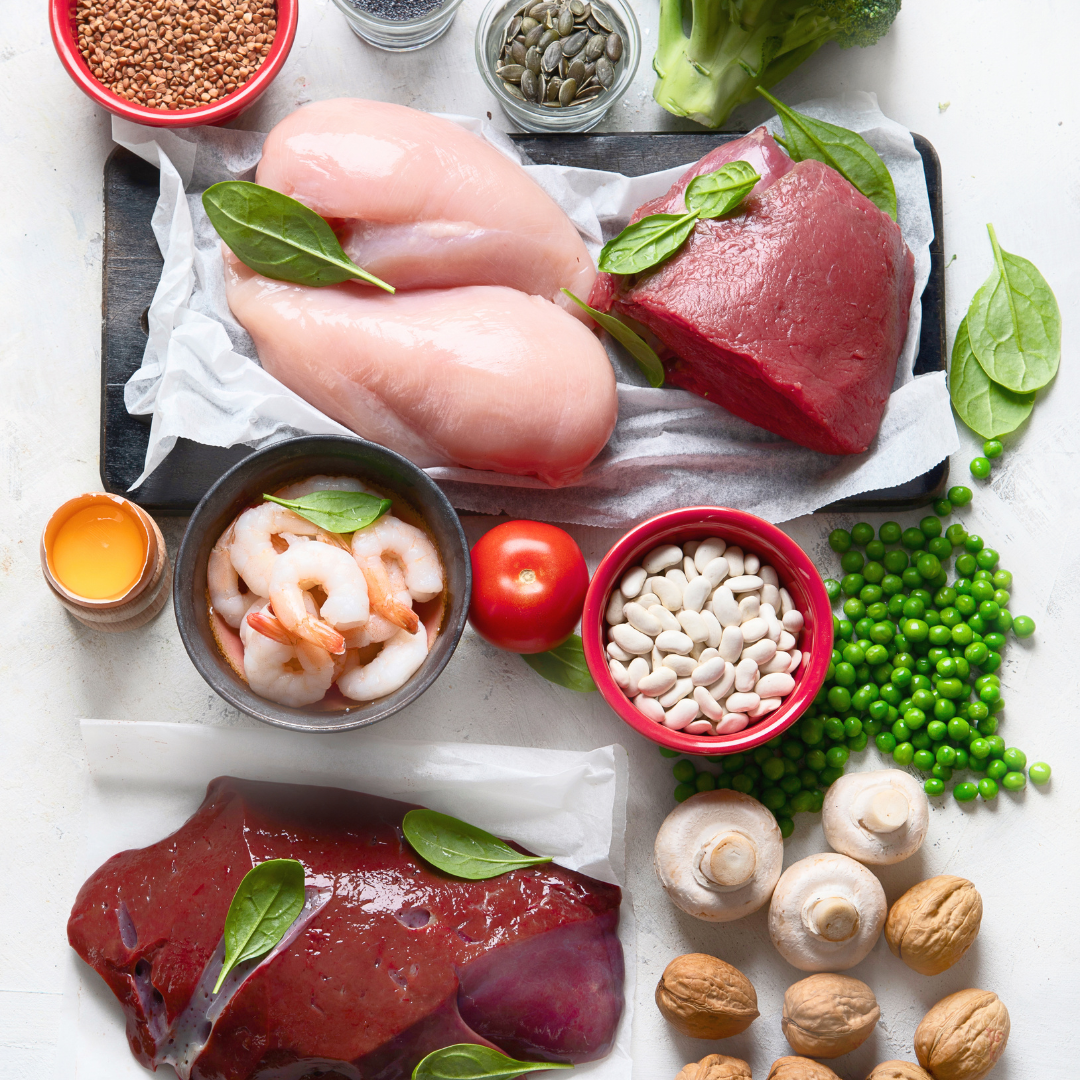
Omega 3 Fatty Acids
Omega 3 fatty acids are very important for the body as they will help it function and provide you with good heart health, preventing cardiovascular issues such as heart disease.
These types of fatty acids are primarily found in oily fish and are not produced naturally by our body, so as a vegan, this can be frustrating to try and get enough of.
Vegan Omega 3 Fatty Acid Foods
Luckily, there are some vegan foods that do have omega-3 fatty acids such as chia seeds, hemp seeds, walnuts, pumpkin seeds, and sunflower seeds.
There are some vegan spreads with them in also, so you will need to do some digging to find them.
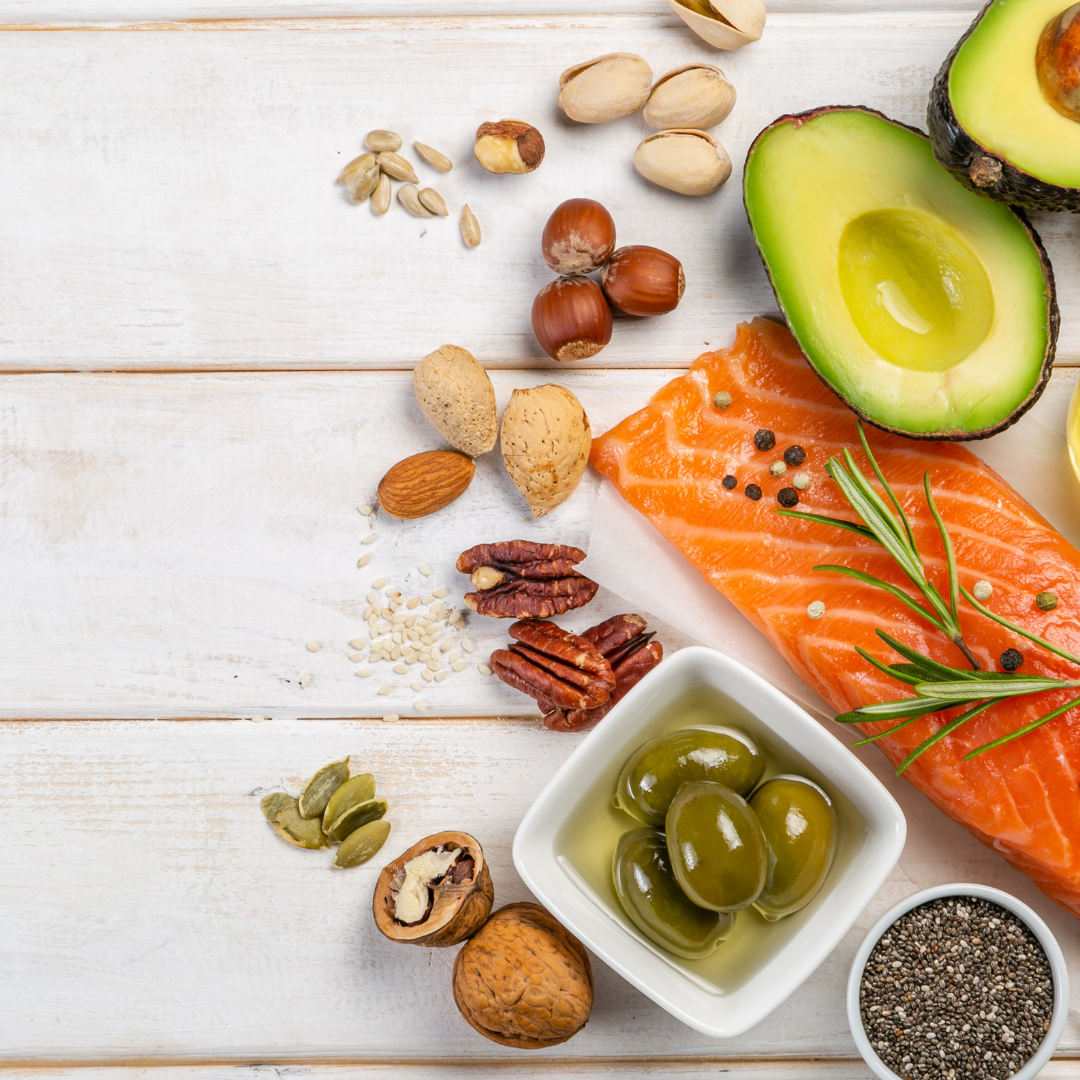
What Supplements Should Vegans Take?
If you follow a mainly plant-based diet, there are many health benefits to that. However, you will miss out on some essential nutrients along the way if you do not pay close attention to what you are eating and how much you are consuming.
Not everyone is able to get their vitamins and minerals through their nutrition, so this is where supplements come in to help fill those gaps. Of course, if you’re a vegan, then you need your supplements to be something like these tongkat ali australia products that are also certified vegan. Otherwise, there may as well be no point in following veganism. So, the nutrients and vitamins that you miss out on in your diet, can cover using vegan supplements. Now, what are these ingredients that are missing? First, there are vitamins.
One of the most important vitamins that you can take is vitamin B12, which is good for immunity and overall health.
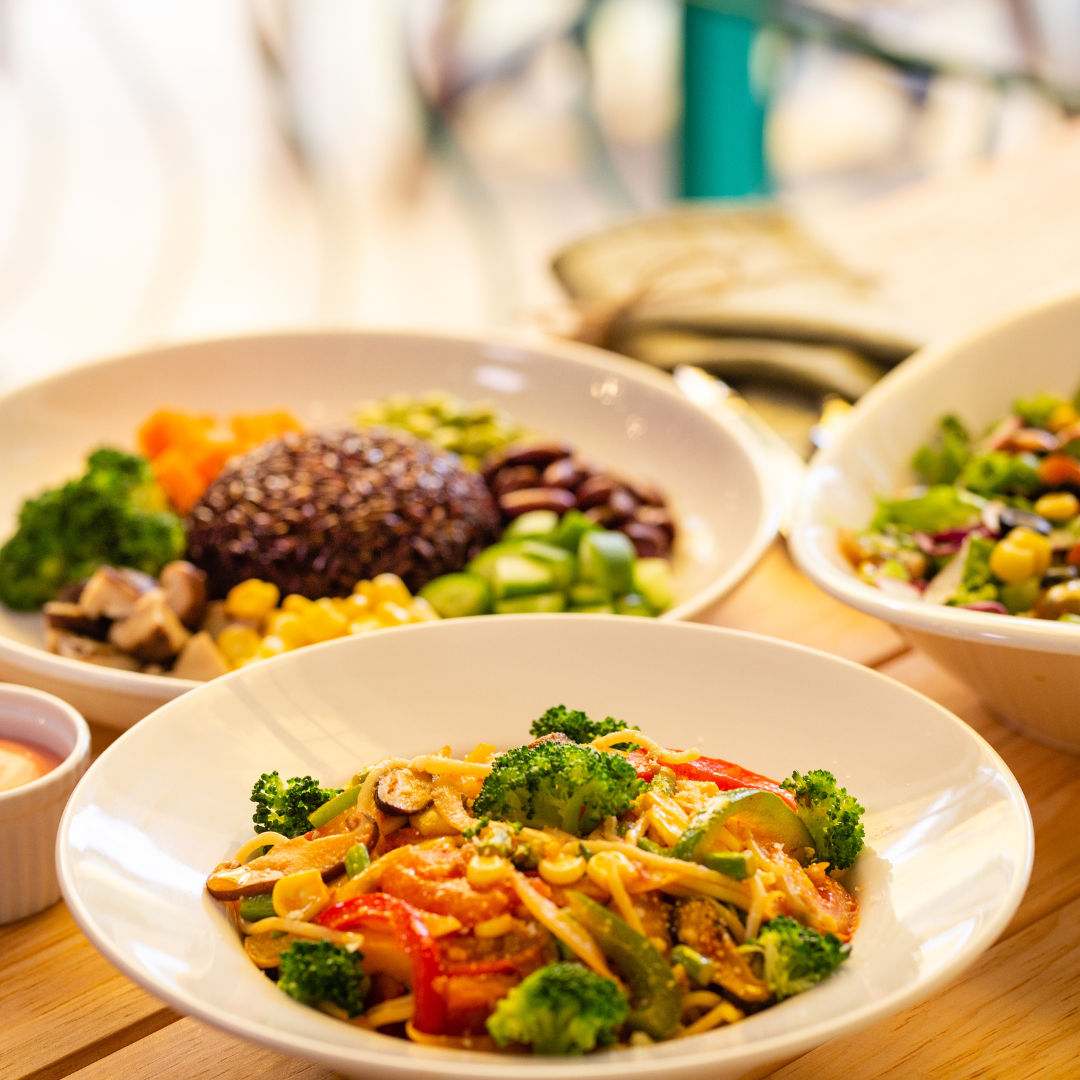
Vitamin B12
This is a great vitamin that will keep your body’s blood and nerve cells healthy, as well as contribute to making DNA.
It will also help with fatigue, so if you are in need of a pick-me-up, vitamin B12 will be able to help you feel a lot better.
You may have heard that if you have a plant-based diet you won’t need to consume a supplement for B12, however, that is wrong and there is no backing to these claims.
Vegan Foods Rich in Vitamin B12
Foods that are known to have a good amount of vitamin B12 in them are, mushrooms grown in soils that have B12 in them, spirulina, chlorella, and nutritional yeast. You can also increase your vitamin B12 intake by consuming vegan electrolyte drinks such as this Vaya electrolytes, which can not only provide essential nutrients but can also offer an instant energy boost. It can be particularly helpful if you are experiencing fatigue which is commonly associated with vitamin B12 deficiency.
What Happens if You Don’t Get Enough Vitamin B12?
If you are not able to get enough B12 in your diet, then this can lead to anemia as well as nervous system damage, heart disease, infertility, and bone disease.
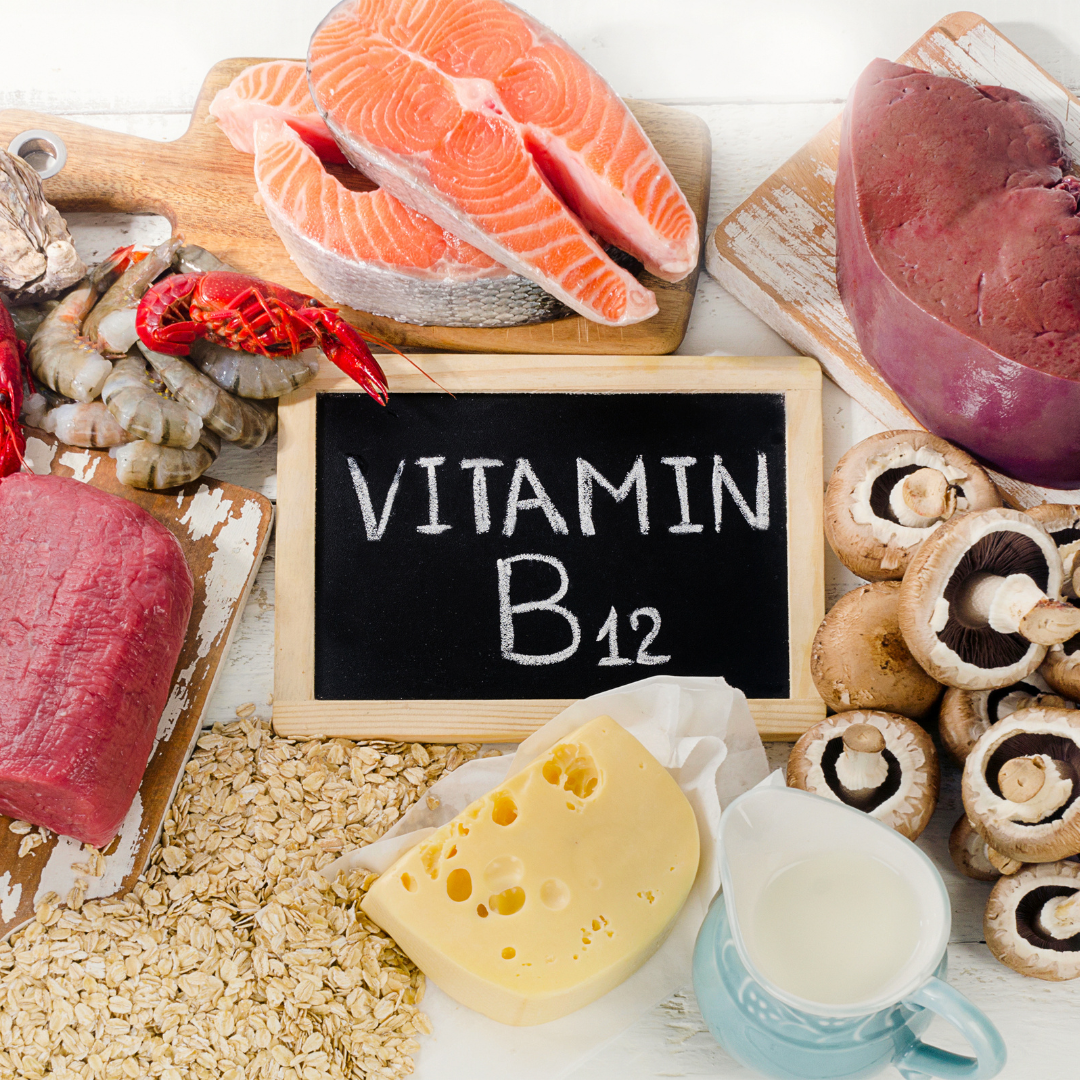
Vitamin D
This is a fat-soluble vitamin and it helps with enhancing the absorption of calcium from your gut.
Vitamin D will have an effect on immune function, memory, muscle recovery, and mood.
The current daily requirements have been taken into question with some experts saying that we need more than the recent RDA, however, at this moment the RDA has not been changed.
There are not that many foods that will naturally have vitamin D in them, not only for vegans but for people who eat a meat-based diet as well.
How Can You Get Vitamin D?
To meet your daily requirement, you will need to have sun exposure, around 15 minutes per day in the sun can be highly beneficial for people.
It is better to go at midday as the sun is stronger then, however, this can be seen as dangerous as individuals will need to expose as much skin as possible with no sunscreen on which is considered bad due to the development of certain cancers from the UVA and UVB rays.
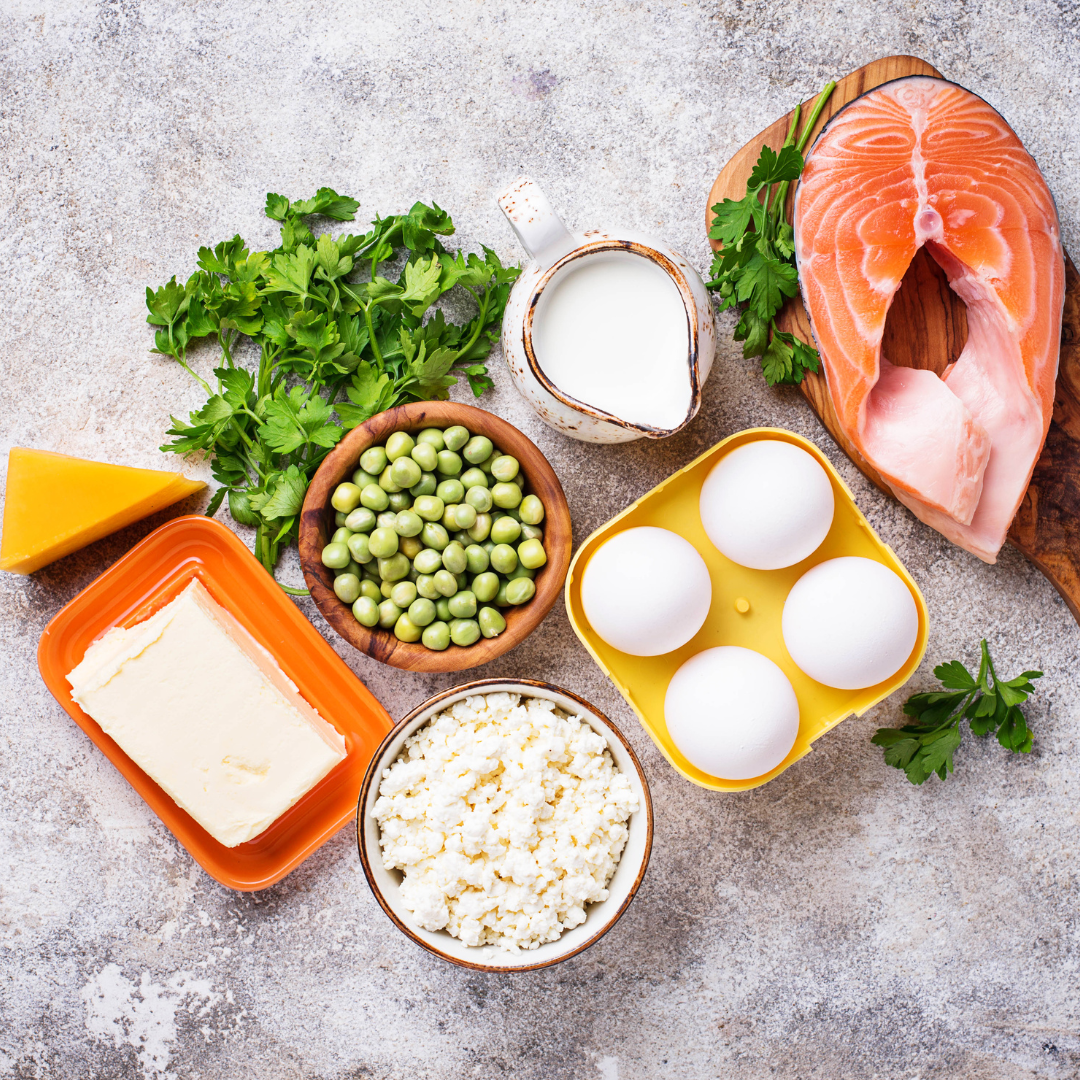
Calcium
This is not a vitamin but rather a mineral that is essential for good bones and teeth.
It can also help heart health, muscle function, and nerve signaling.
There have been studies that have said most vegans are not able to get their recommended intake of calcium, so it is important that they find ways to incorporate that into their food or take a supplement.
Vegan Foods Rich in Calcium
Vegans can eat bok choy, kale, mustard greens, calcium-set tofu, broccoli, fortified plant milks, or juices.
Non-vegans are able to get their daily intake of calcium quite easily as they eat meat and are fine to consume dairy products.
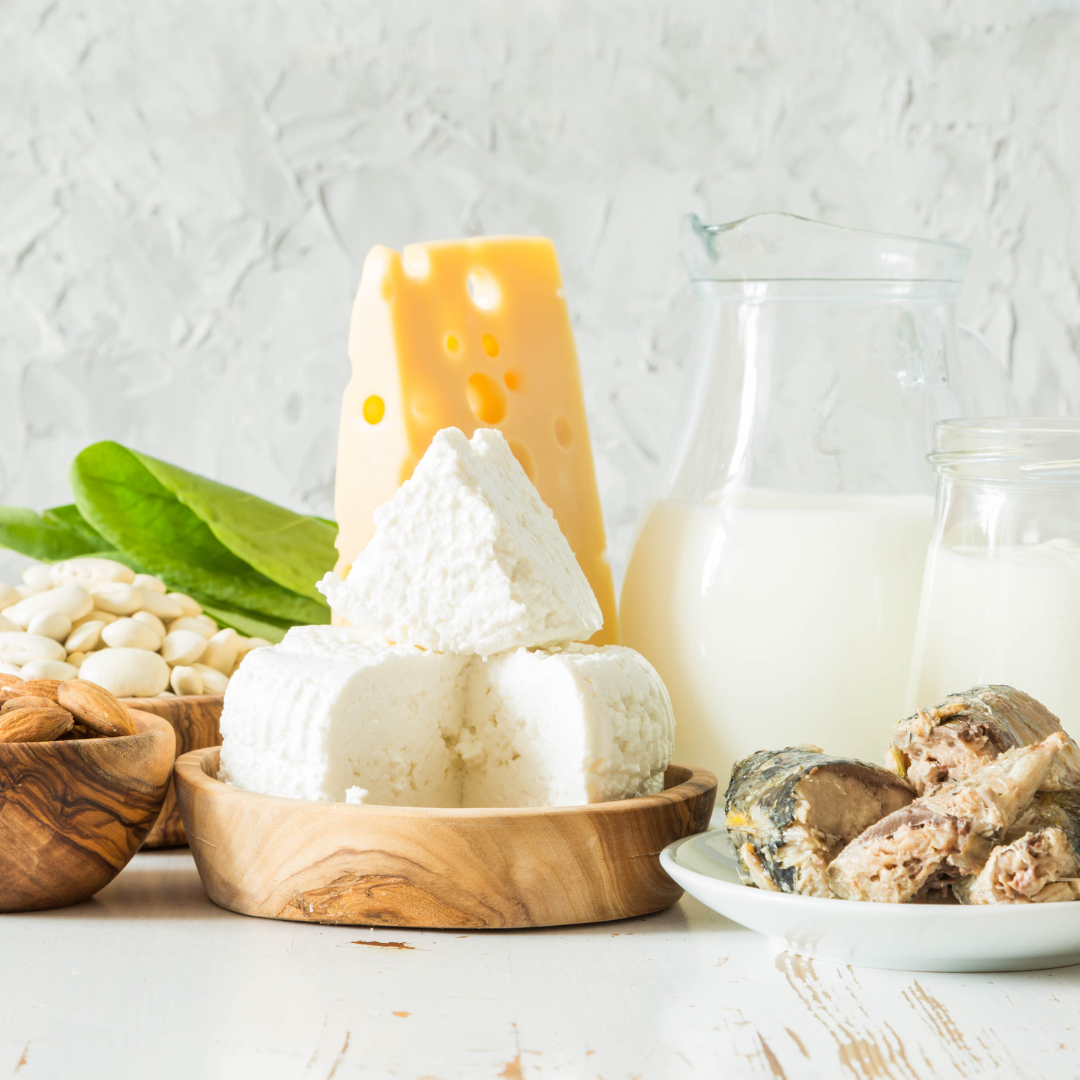
Iodine
This may be a surprise for some people who are taking a look at this list, but if you are able to get enough iodine in your diet, it will help you with a healthy thyroid function which will control your metabolism.
So if you are looking to lose weight, taking supplements with this in just may be the thing you have been looking for.
What Happens if You Have Low Iodine Levels?
Being deficient in iodine can cause you to have low energy levels, forgetfulness, depression, weight gain, dry skin, and tingling in your hands and feet.
Foods that are grown closer to the ocean will have higher iodine levels than those that don’t.
The only food that is known to have high iodine levels are seaweed, iodized salt, and seafood, also dairy products but vegans can’t eat those so they will be more deficient in iodine than their non-vegan counterparts.
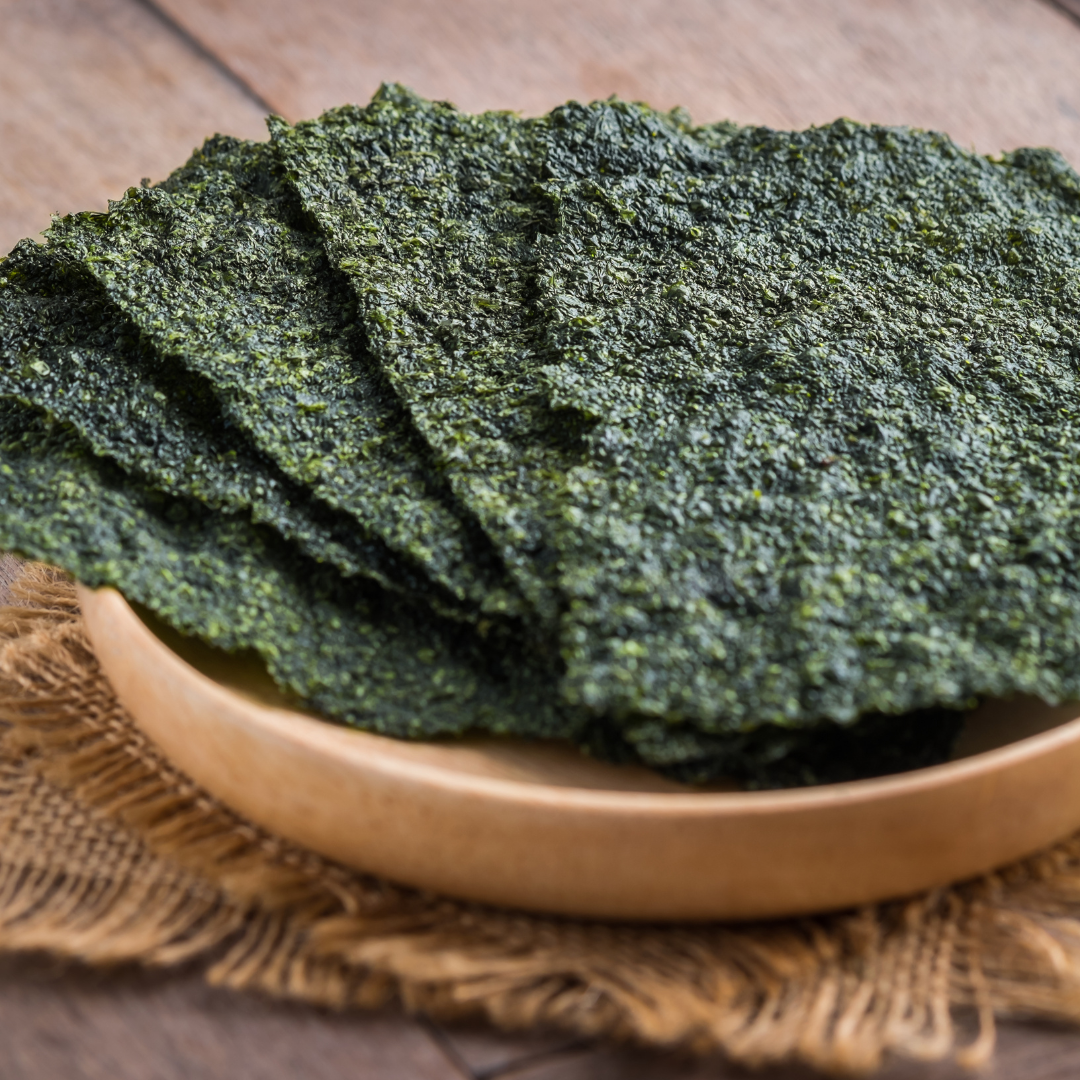
Conclusion
Following a vegan diet or plant-based diet is going to come with a lot of ups and downs.
You may find that you feel a lot healthier and that your body is more active and full of energy, but on the other hand, you will be missing out on some nutrients and minerals that can be found in many non-vegan products.
It is essential that you recognise what you may be missing out on and how you can replenish them for an all-around diet which can keep you going.
Always speak to your doctor first before making any rapid changes as you may have to eat/avoid certain foods or vitamins if it has an effect on your health or you have a medical condition.
It is important that you play it safe and run it by them first just to be sure.